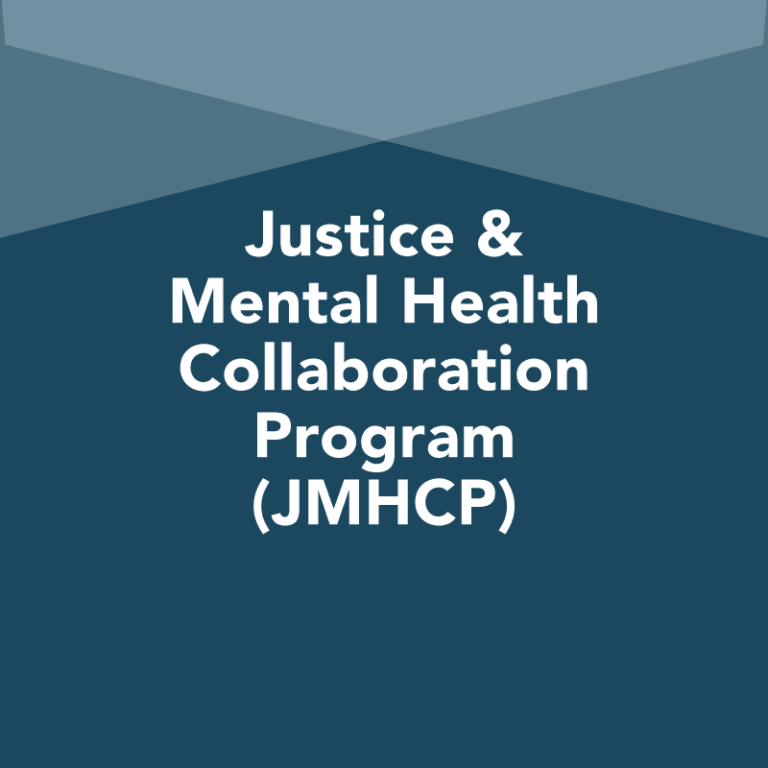The U.S. Department of Justice’s Bureau of Justice Assistance (BJA) launched an online toolkit Monday that supports law enforcement agencies around the country in planning and implementing effective public-safety responses to people who have mental illnesses. Highlighting the role of police departments in advancing these approaches, BJA announced the Police-Mental Health Collaboration (PMHC) Toolkit at the 2016 International Association of Chiefs of Police Conference in San Diego, California. The PMHC Toolkit was developed in partnership with The Council of State Governments (CSG) Justice Center and gathers best practices and resources to help law enforcement agencies partner with mental health providers to respond appropriately and safely to people with mental illnesses. The PMHC Toolkit outlines the overall benefits of PMHC programs in five sections: learning about PMHC programs; planning and implementing; training; managing; and measuring. Building on officers’ real-life experiences, the Toolkit features five stories by officers who are leading or implementing programs where mental health professionals join or advise law enforcement as they respond to calls in Portland, Maine; Madison, Wisconsin; Houston, Texas; and Los Angeles and Pasadena, California. Several of these departments serve as national Law Enforcement Mental Health Learning Sites, which host site visits for officers from other departments nationwide who wish to develop similar techniques in their own departments. The Toolkit supplements these case studies with steps to drive departments’ planning, written sample policies, and checklists for decision makers who are seeking strategies for specialized training. For communities with existing PMHC programs, the Toolkit offers tools, data, and procedures to manage the program and measure its performance—important steps for setting and meeting goals.
Related Resources

Preparing Law Enforcement Agencies for Embedded Clinicians
Crisis Systems, Law Enforcement, Mental Health
Read more
Building Successful Partnerships with Peer-Run Organizations
Co-Occurring Substance Use, Mental Health
Read more
FY2023 Planning and Implementation Guide for JMHCP Connect and Protect
Co-Occurring Substance Use, Law Enforcement, Mental Health
Read more